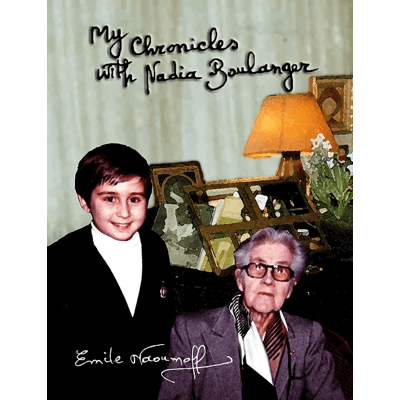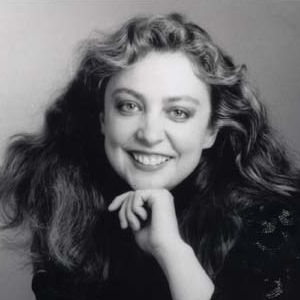 PODCAST: Join Jenna Orkin, Maria Nockin, John Daleiden, Gerald Fenech, Julian Jacobson, Patrick Maxwell, Giuseppe Pennisi and Mike Wheeler for a fascinating fifty-minute audio only programme.
PODCAST: Join Jenna Orkin, Maria Nockin, John Daleiden, Gerald Fenech, Julian Jacobson, Patrick Maxwell, Giuseppe Pennisi and Mike Wheeler for a fascinating fifty-minute audio only programme.
Johann Christian Bach
Johann Christian Bach, the youngest son of Johann Sebastian, was born in Leipzig on 5 September 1735. He studied initially with his father, and was probably a favourite, until J S Bach's death, and then received lessons in Berlin from C P E Bach. Moving to Italy, he studied with Padre Martini, and in 1760, he became organist at the cathedral in Milan and wrote much church music.
At around this time his interest in opera began to develop, he was commissioned to write operas for Turin and Naples, and, in 1762, he took up a lucrative appointment at the King's Theatre in London, in which city he died (after a later career failure and a nervous breakdown) on 1 January 1782.
J C Bach's music, as opposed to that of his father and his older brothers, is in the elegant 'galant' style of the time. Popular and melodious, it looks forward to Mozart (whom he once met). In addition to operas, there are many symphonies, keyboard concertos and much chamber music.
A selection of articles about Johann Christian Bach
Spotlight. Spaciousness and Openness - Geoff Pearce heartily recommends chamber music with oboe on period instruments. 'All the performers are very fine, but I am really amazed at the beauty of Emma Black's playing.'
Spotlight. Consistently Engaging - Gerald Fenech listens to two more volumes in Danacord's 'Thomas Jensen Legacy' series. '... Jensen in joyous mood ...'
Easy Grace - Martyna Jatkauskaite plays Mozart and Schumann, enjoyed by Robert Hugill
CD Spotlight. A Glistening Treasury - Songs with orchestra from Deborah Riedel, enjoyed by Howard Smith. '... a bounteous seam of unfamiliar, wholly blissful vocal gems ...'



